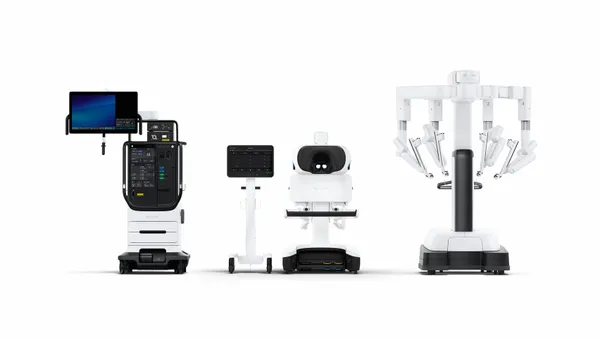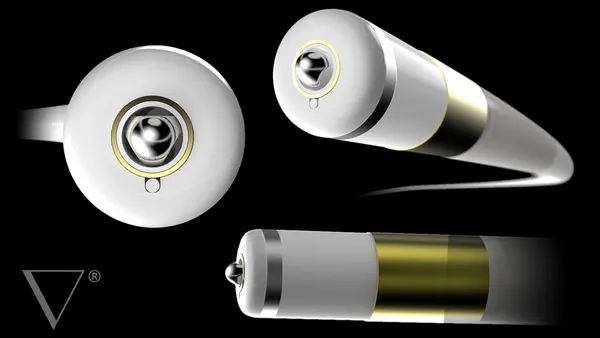Dive Brief:
- Medtronic is recalling thousands of endotracheal tubes after receiving reports of airway obstruction. In total, the company is recalling more than 625,700 devices distributed worldwide, including its NIM Standard Reinforced EMG Endotracheal Tubes and NIM CONTACT Reinforced EMG Endotracheal Tubes.
- The devices are intended to provide an open airway for ventilation and to monitor the recurrent laryngeal nerve during surgeries.
- The Food and Drug Administration on Thursday designated the recall as a Class I event, the most serious type of recall.
Dive Insight:
Medtronic said in an emailed statment that it is still evaluating the details and root cause behind the reports of “rare instances of serious adverse events related to certain EMG endotracheal tubes.”
“We believe the NIM EMG tubes are safe when used according to the instructions for use,” the company said, adding that customers should carefully review product instructions and that it is not asking them to return or replace the recalled devices.
Medtronic sent a safety notice to customers in April explaining what they should do if they encounter an airway obstruction.
First, they should immediately deflate the balloon cuff and attempt to ventilate. If that doesn’t work, the physician should remove the endotracheal tube and re-establish ventilation with a bag valve mask or laryngeal mask airway. They can re-intubate the patient with a non-silicone endotracheal tube or a larger version of the EMG endotracheal tubes, which require less cuff inflation volume and pressure, according to the safety notice.
The company also advised customers to be careful when changing the tube’s position and to deflate the cuff before repositioning the tube or patient. Manipulating an inflated tube can cause the inflated cuff to stretch over the tube opening, potentially obstructing the patient’s airway.
Medical device reports suggest that silicone-based EMG endotracheal tubes may have a higher rate of obstruction compared to other tubes, the FDA said in an April letter to healthcare providers, referring to the Medtronic devices. The agency said it had received reports describing serious adverse events and deaths related to these devices after airway obstruction and ventilation failure.













